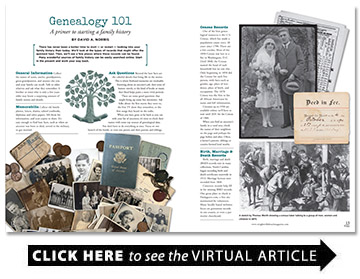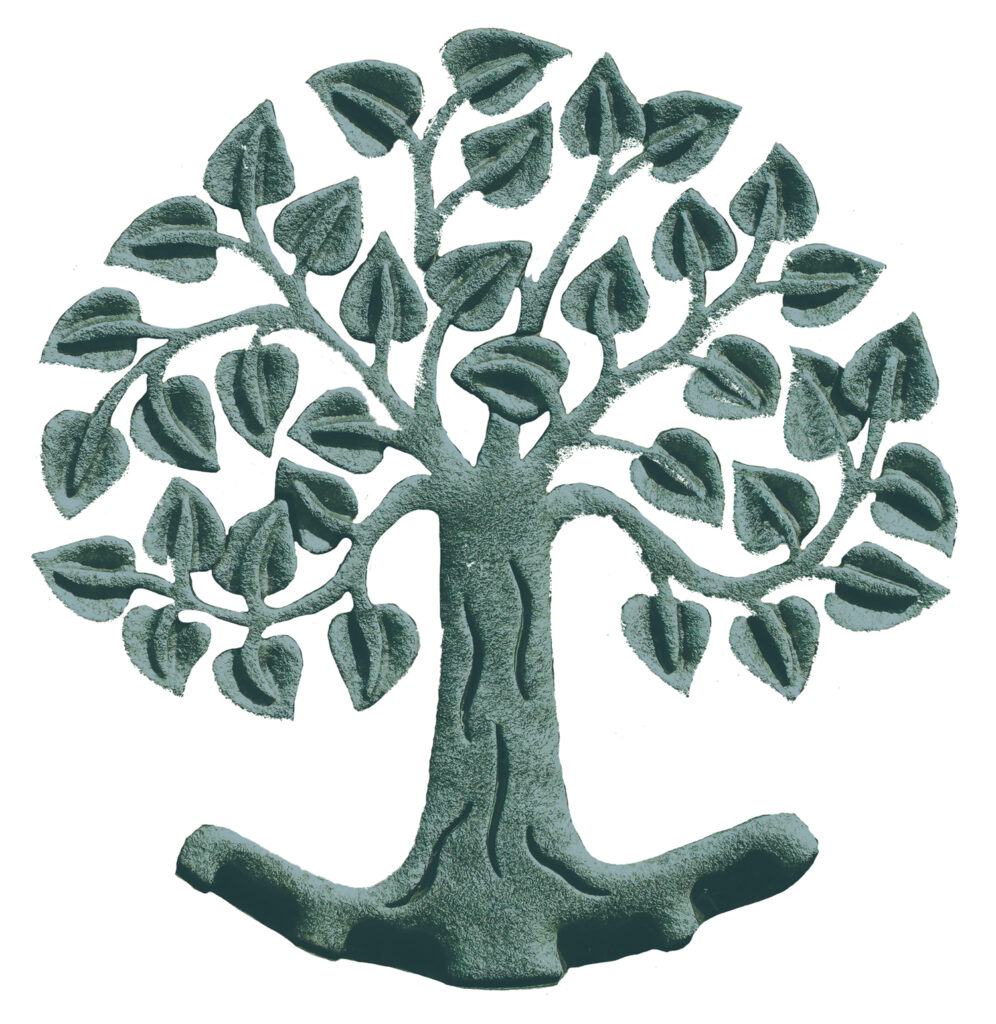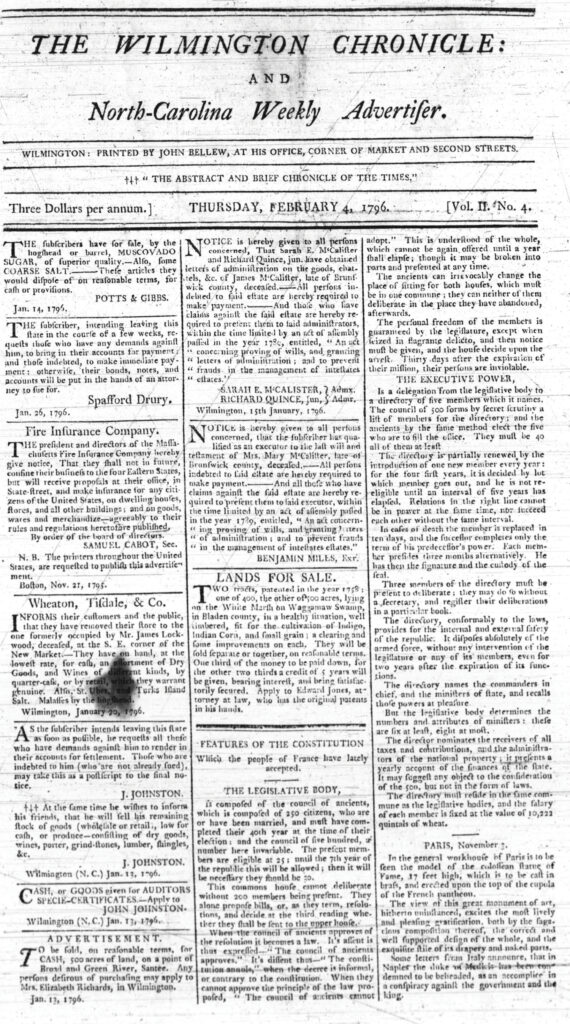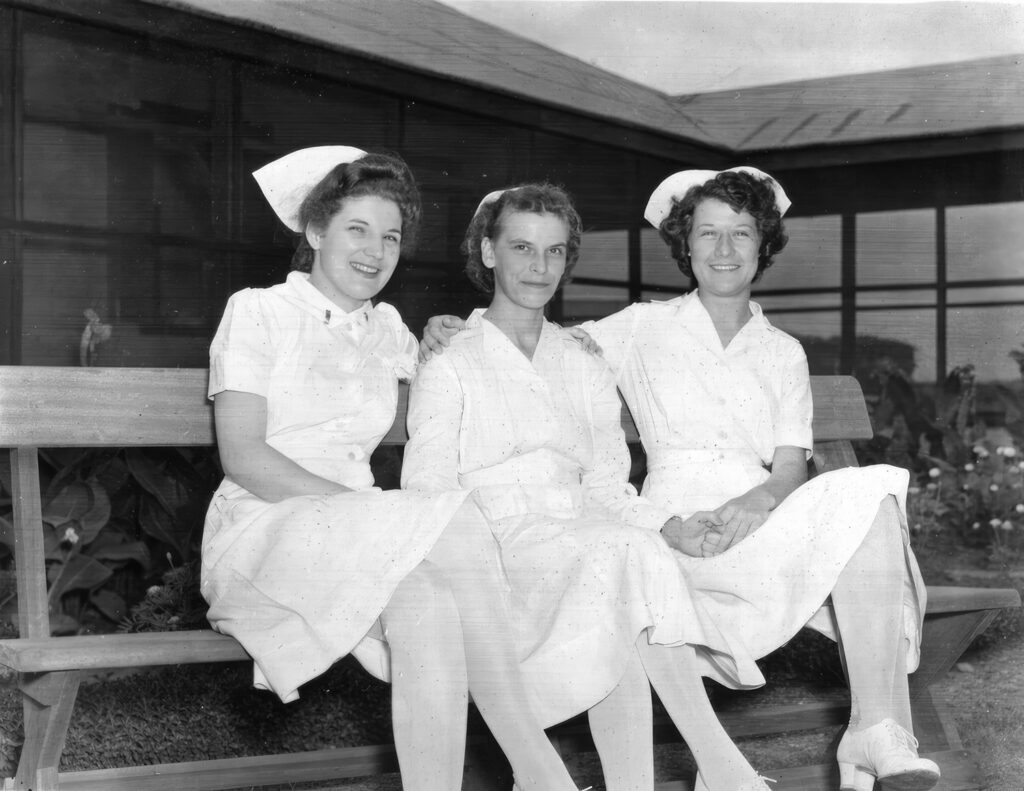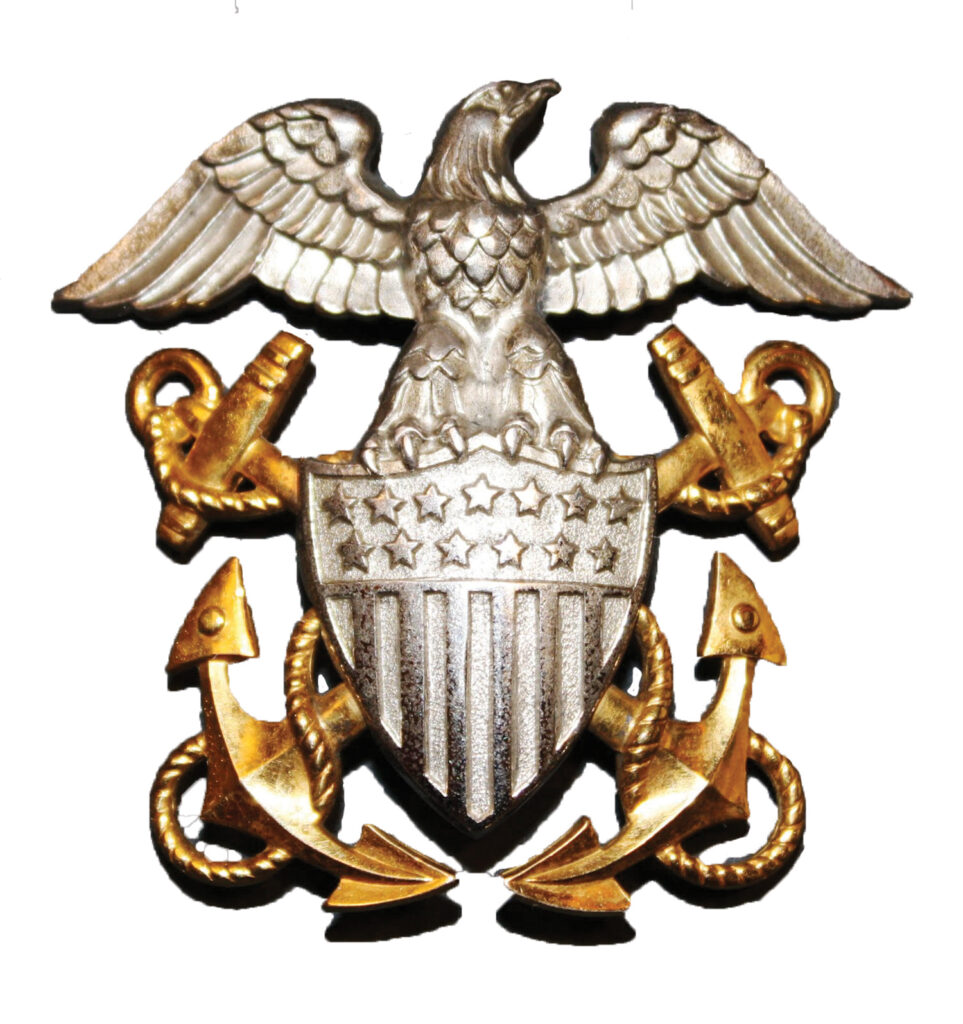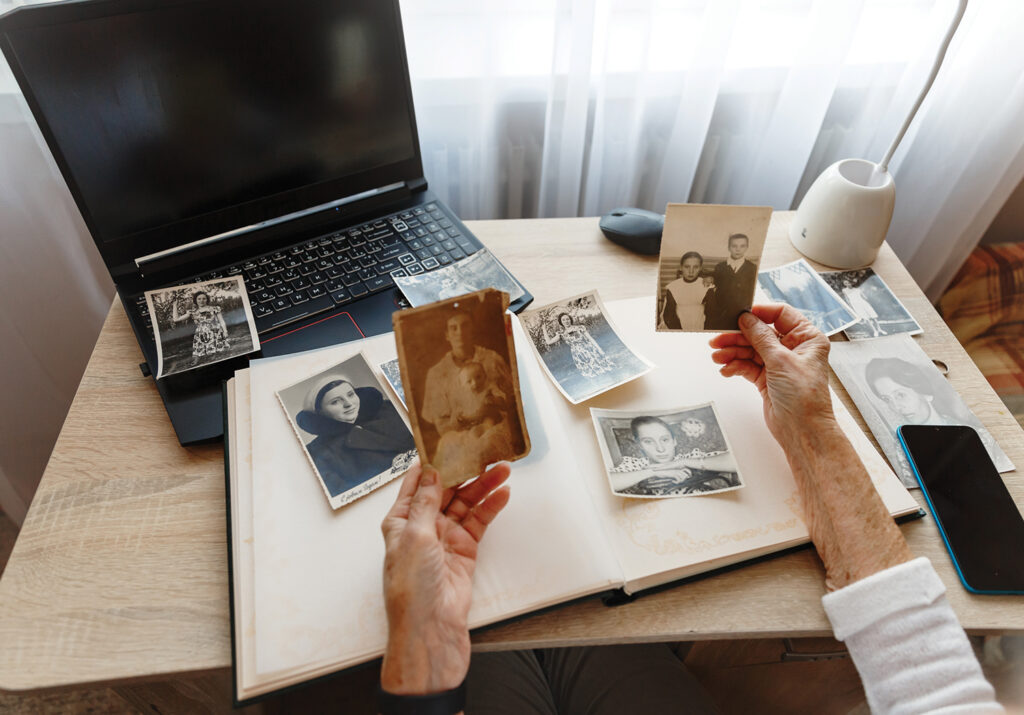Genealogy 101
A primer to starting a family history
BY David A. Norris
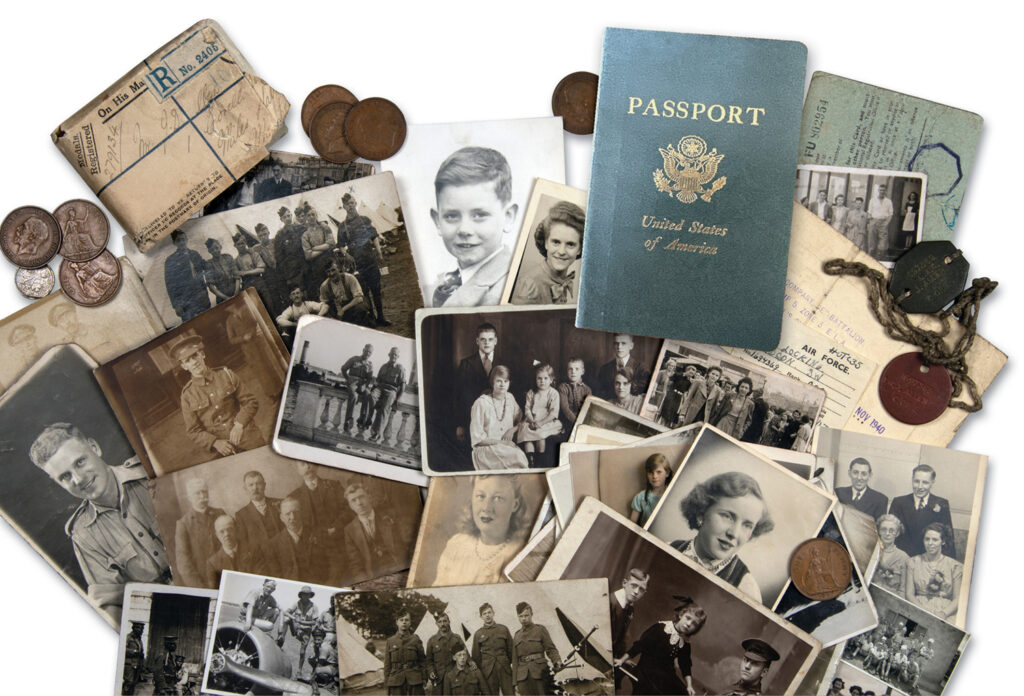
There has never been a better time to start — or restart — looking into your family history than today. We’ll look at the types of records that might offer the quickest haul. Then, we’ll see a few places where these records can be found.
Many wonderful sources of family history can be easily searched online. Start in the present and work your way back.
General Information
Collect the names of aunts, uncles, grandparents, great-grandparents, and anyone else you and your family can recall. Talk to older relatives and ask what they remember. A brother or sister who is only a few years older may know a surprising amount of family stories and details.
Memorabilia
Collect old family photos, letters, diaries, school yearbooks, diplomas and other papers. Sift them for information, and scan copies to share. It’s easy enough to find bare facts, such as when an ancestor was born or died, served in the military, or got married.
Ask Questions
Beyond the bare facts are the colorful details that bring life to the stories. This is where firsthand memories are invaluable. Knowing about an ancestor’s job, their sense of humor, travels, or the kind of books or music they liked helps paint a more vivid portrait.
There are some good questions that might bring up some fun memories. Ask folks about the first movie they went to, the first TV show they remember, or the first songs they heard on the radio.
When you have gone as far back as you can with your list of ancestors, it’s time to check their names with some top sources of genealogical data. You don’t have to do everything at once. Focus on one branch of the family, or even one person and their parents and siblings.
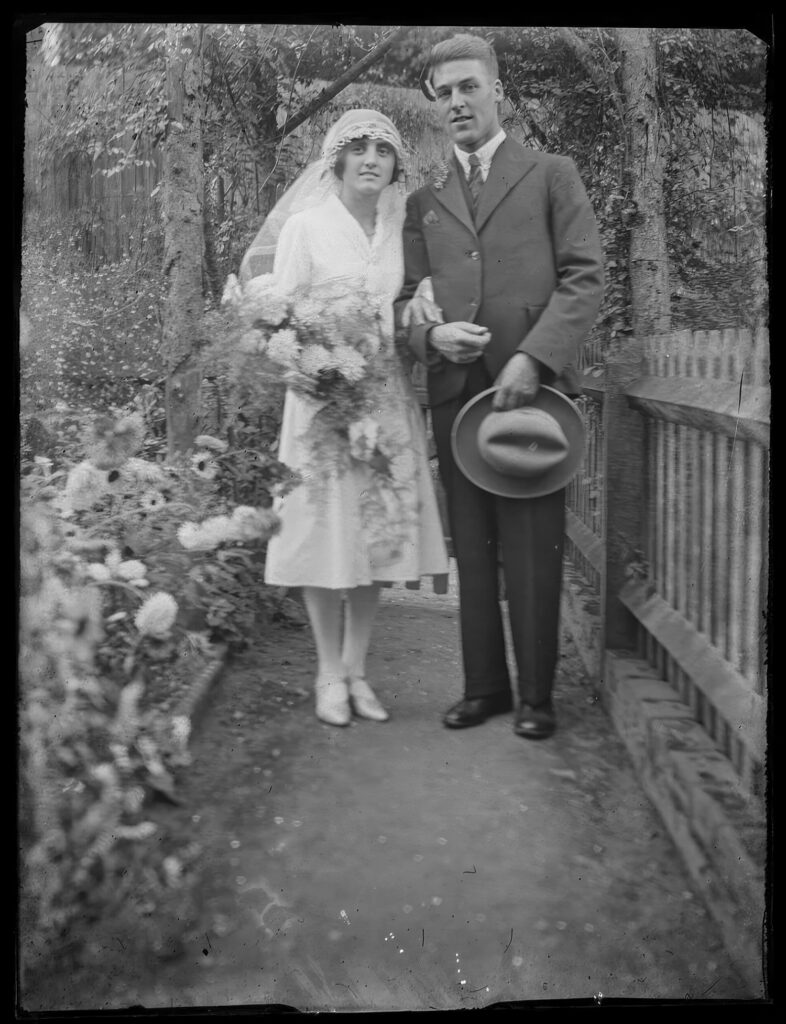
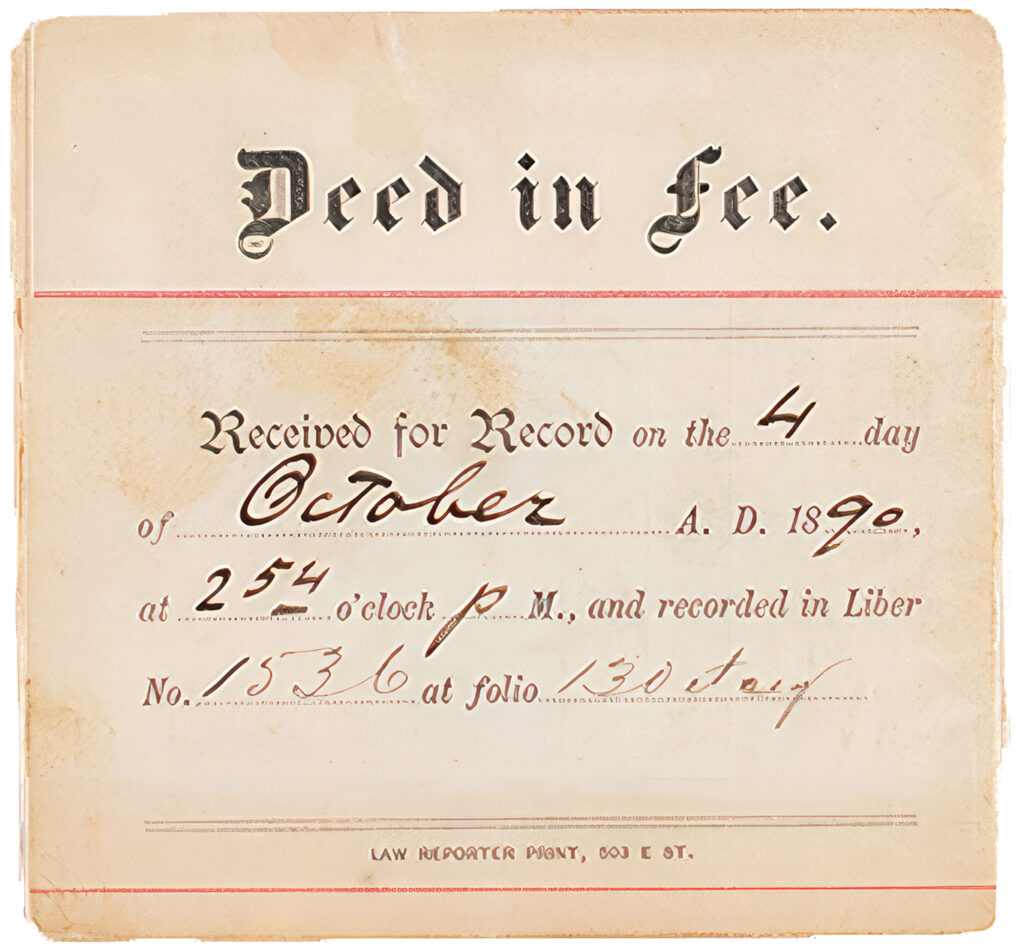
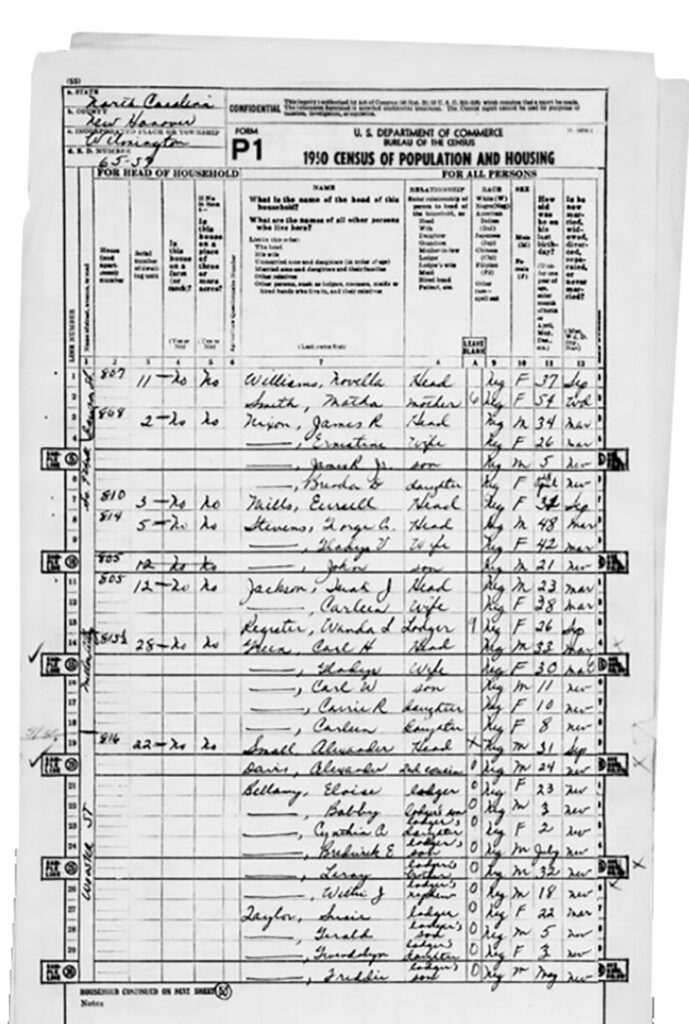
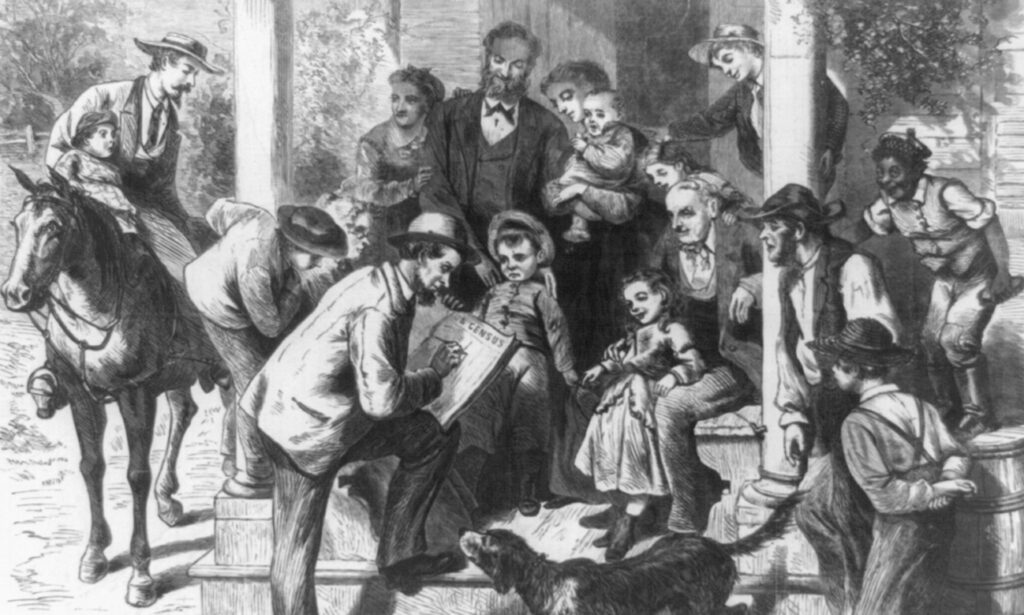
Census Records
One of the best genealogical resources is the U.S. Census, which has made a population count every 10 years since 1790. There are a few catches. Most of the 1890 Census was lost in a fire in Washington, D.C. Until 1840, the Census named the head of each household but no one else. Only beginning in 1850 did the Census list each free person, with facts such as gender, age, place of residence, place of birth, and occupation. The 1870 Census was the first to list all African Americans by name and full information.
Censuses up to 1950 are available online; we’ll have to wait until 2031 for the Census of 1960.
When you find an ancestor’s family in a rural area, check the names of their neighbors on the page and perhaps the page before and after. Often, a farmer’s parents, siblings or cousins farmed land nearby.
Birth, Marriage & Death Records
Birth, marriage and death (BMD) records exist in many collections. North Carolina began recording birth and death certificates statewide in 1913. Marriage licenses were recorded from 1868.
Cemetery records help fill in for missing BMD records. One great place to check is Findagrave.com, a free site maintained by volunteers. Many locally based websites focus on gravestone records in one county, or even a particular churchyard.
January is a great time to embark upon a family history project. If you’ve already started a family tree but put it aside after running out of leads, it’s worth checking for new published or online sources that have appeared in the past few years.
Recorded Legal Documents
Once you know what county or town ancestors lived in, look for their wills and probate records, and property records such as deeds.
Wills are often the only way to establish family relationships before the 1850 Census. Testators might have named their children, grandchildren, siblings, or other relatives when leaving property. In some cases, executors compiled detailed lists of household furniture, dishes and silverware, farm tools and other items.
If you find estate sale records, note the names of the buyers, who often turn out to be other relatives or in-laws. Sale prices were often in pounds and shillings instead of dollars and cents as late as the 1850s.
Deeds and property records are very useful. Generally, colonial-era deeds are kept in state archives and have been extensively published in book or online form. Many counties have placed extensive collections of deed books and indexes online.
Direct family information is rare in deeds, which usually provide the size and location of a piece of land. If they mention the names of neighboring property owners, take note, as the neighbors may turn out to be related.
Newspaper Search
Many newspapers from the 1700s to recent years are available online, and you can easily search them by name, place, or other keywords. Great free services include Digital NC’s North Carolina Newspapers at digitalnc.org/newspapers. They also have lots of North Carolina town and city directories, including Wilmington’s 1860 directory.
The Library of Congress’s Chronicling America at chroniclingamerica.loc.gov is a vast nationwide collection of millions of newspaper pages dating from 1770-1963. Newspapers.com is an excellent paid resource, with some British and other foreign papers in addition to an abundance of American papers.
Military Records
Millions of military service and pension files from the World War I era and before, kept at the National Archives, can be checked online. Pension files often contain family information. Many widows provided marriage certificates or other information about their weddings, as well as the dates the husbands were in the military.
Extensive pension files survive for Civil War veterans and dependents. Union pensions were handled by the federal government, and Southern states maintained their own Confederate pensions.
Many Revolutionary War pension requests for benefits were rejected, but those rejected files are available through the National Archives. These Revolutionary War files have valuable family information. Other ancestors’ names might appear in pension files as witnesses, doctors or local officials.
Online Search
A top go-to subscription-based genealogy site is Ancestry.com. Its vast array of genealogical databases and records includes collections of censuses, land and probate records, military service and pension files, and more. Subscribers can build and share a family tree, as well as link with information from a potentially vast number of distant cousins. Ancestry.com’s system will suggest possible documents or materials for each person in your tree and can also show potential parents and siblings.
Fold3.com, also subscription-based, concentrates on military records. FamilySearch.org is a free site, and like Ancestry.com offers many local and state-based collections of deeds, wills, military service files, and birth, marriage and death records.
The Family Search Wiki has a useful page of sources and guidance for North Carolina at familysearch.org/en/wiki/North_Carolina,_United_States_Genealogy. It also has links to genealogy sources for other states and countries.
Searching online and browsing shelves of genealogy books at libraries can be enjoyable and rewarding. The Local History Room at the New Hanover County Public Library has a wonderful range of resources, both printed and online, and is especially rich in Wilmington and New Hanover material.
